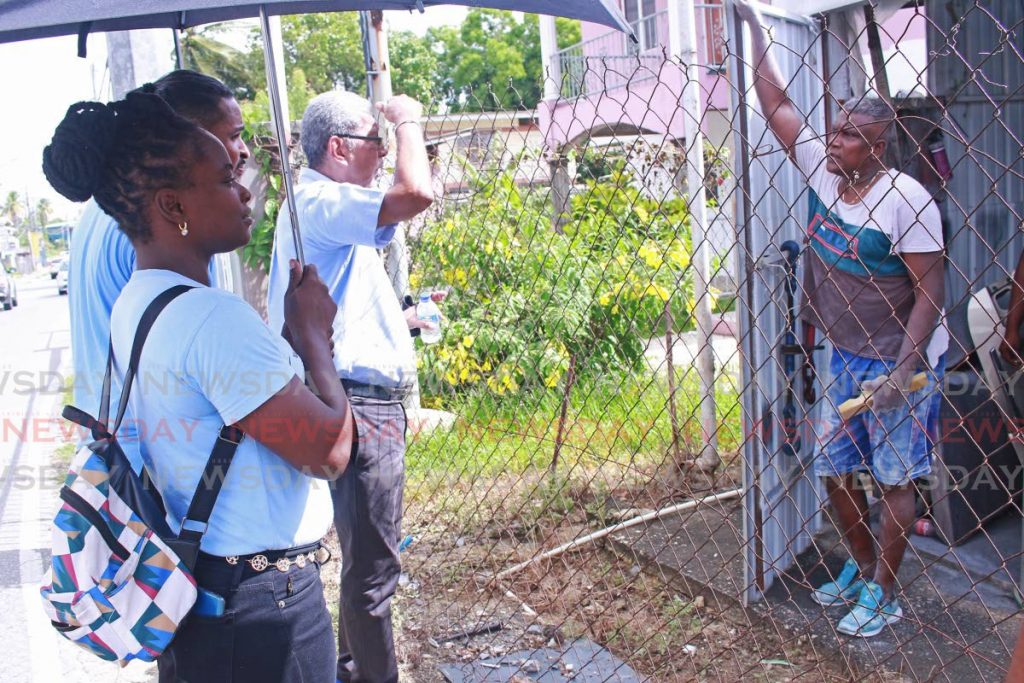Campaigning under covid19

The coming five weeks of the election campaign are an unprecedented challenge for politicians seeking votes, as the country continues to chafe under the restrictions necessary to control the spread of covid19.
In recent years both major political parties have based their campaigns on a series of big public gatherings that climax in major eve-of-election rallies that provide a visual bellwether of relative popularity.
And those are exactly the kind of gatherings that the government has banned – for good reason – in recent months.
Now, therefore, there are questions about how that campaign can and should be carried out in the time of a pandemic.
Neither the PNM nor the opposition UNC has demonstrated much interest in using virtual technology in their early pre-election political overtures to the public. While Health Ministry press conferences take place online, post-Cabinet media briefings do not; though physically distanced, they have still taken place in person, with the Prime Minister on one memorable occasions whipping out his phone so that the population could watch a video on it.
Adherence to physical distancing will limit the effectiveness and reach of in-person campaigning, despite early indications that politicians hope to hit the streets in traditional style, possibly bouncing elbows instead of pressing the flesh, but in some cases dispensing with the use of masks, too.
An effort at digital politics will demand alternative messaging systems taking advantage of the reach of traditional and social media channels, previously used by the parties for message reinforcement or for unofficial politicking, and not for primary engagement with the electorate.
(Interestingly, this may mean that the smaller parties, whose pockets are less deep, may be at less of a disadvantage than they are during traditional campaigns involving tents and platforms, sound systems, live entertainers and T-shirt giveaways.)
There is also the troubling question of voter disenfranchisement, since lockdown restrictions may make it impossible for some citizens to vote.
The Representation of the People Act Chapter 2:01 Section 13 rules that “a person is qualified to be an elector for an electoral district at a municipal council election who has resided for a period of at least two months immediately preceding the qualifying date in that electoral district.”
The specifics of those limitations are likely to disqualify some returning nationals from voting. Those unable to return will also be unable to vote.
This will without a doubt be one of the first controversies of the incipient campaign.
The Elections and Boundaries Commission must demonstrate capacity and leadership early in this electoral exercise, making clear how it will adapt – within the rules that bind it – to handle the election during this unusual time by addressing public concerns while ensuring public safety.


Comments
"Campaigning under covid19"